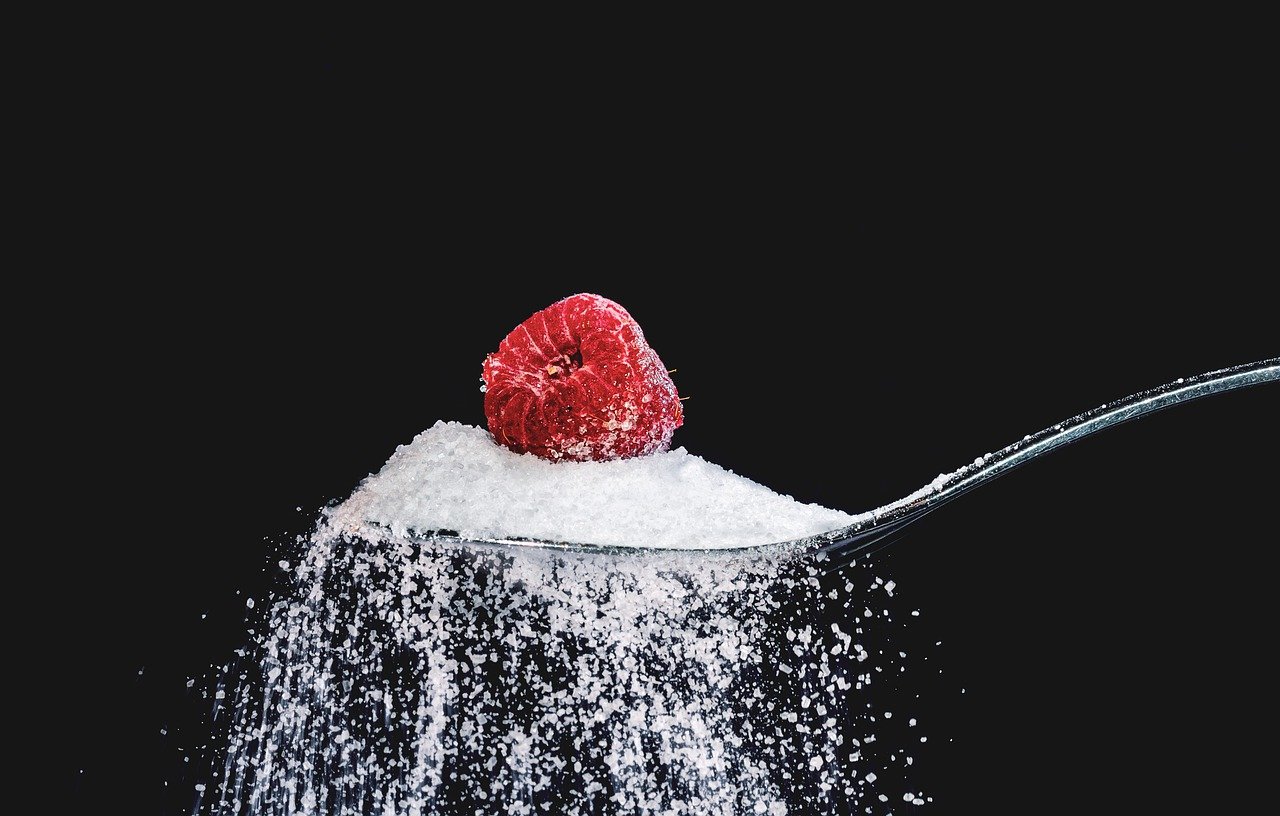There are plenty of fields of study which require constant attention if one is to stay on top of new developments and relevant findings.
Skincare takes hours of research to get a handle on, while every few weeks a new product comes out with a new active ingredient promising this or that result.
Do I want something that’s all natural? What’s better, olive oil, argan oil, or coconut oil? What’s shea butter? Are “Citrus notes” an aromatic ingredient or an active ingredient?
Other brands have no mercy and advertise something like Pyrithione Zinc, as if it expects us all to have taken AP Chemistry.
What’s important? What do you need?
One of the most important parts of our skin is collagen. Collagen is a group of proteins that make up our hair, joints, nails, and skin.
Collagen can become depleted if you are deficient in protein. If you aren’t consuming enough protein to replenish the vital tissues, a triage reaction will take collagen destined for your skin or hair and transfer it to the repairing of your vital tissues.
Elastin is another protein that’s super important for our skin as it allows a muscle to return to its original shape after being stretched or shifted.

Bioavailable Protein, and Non-bioavailable Protein
One of the major problems with simply saying, get more protein into your diet, is that protein comes from any sources, not all of which have equal value.
Bioavailability is a pharmacological/nutritional term which describes how much of a given substance enters into circulation by your body and is available for use. A food that has a low bioavailable value means that less of the stated amount of nutrients is actually being absorbed for use by the body.
Sources of protein are a good example of how not all food delivers the goods equally.
Lysine and leucine are the names of two separate essential amino-acids (proteins) which the body needs to keep skin healthy.
The overwhelmingly significant sources of lysine and leucine are red meat. The amounts of protein in something like beans, lentils, eggs, and nuts, are comparable with the protein content of meat, but the bioavailability of those proteins are not 1 to 1 in ratio.
You’d likely have to eat far more nuts or lentils to get the equivalent amount of lysine and leucine which you could get from a piece of steak or pork shoulder roast.
One of the reasons this might be is that proteins locked within a food item’s molecular skeleton may be unreachable before the food is discarded through the fecal matter.
So while you may be getting enough protein in theory from snacking on nuts and seeds with lunch and eating spinach and lentils for dinner, you could be getting far less than what you think.
What This Means For Your Skin
A cream which has collagen in is a superior choice if you’re trying to pick a moisturizer or skin cream that will make a difference in improving skin quality across the board.
Whether you are concerned about acne, enlarged pores, wrinkles, roughness, dryness, fine lines, or any other common blemish, you can’t repair the damage if you don’t have the right material.
If you’re trying to repair a concrete sidewalk, you can’t repair it by using wooden boards.
Your skin is made of proteins, so you need protein to fix it.
Collagen can be found in some skin creams, but one of the ones we like the best is called Bellaplex.
That’s because Bellaplex contains hydrolyzed collagen – a different structure of the same protein that allows for faster absorption into the skin, bones, and tissues.
Hydrolyzed Collagen is often supplemented in people’s diet through powders which folks can add to smoothies or nutritional shakes.
As well as acting as a great moisturizer, Bellaplex doubles as a hydrolyzed collagen powder supplement. Hydrolyzed collagen can easily cost $28 for a two-week supply, so it’s pretty grand that Bellaplex offers it in its formula for less than 15 dollars.
Right now, our readers can get Bellaplex for 15% off if they go to theskinhealthstore.com and use the promo code SPRING15 at checkout.
Their website is smooth and easy to navigate, and payment is processed through a multi-layered secure checkout.
Skin changes with age. This does not mean you silently watch your skin turning all wrinkled and dull after a Read more
You have planned a vacation at one of the most beautiful beaches of the world. You have just four weeks Read more
According to New Beauty's blog, an examination of the trending searches on Pinterest throughout 2019 revealed an explosion of interest Read more
Japanese women have a reputation for aging extremely well. From their heads, to their hearts, to their heels, they are Read more














